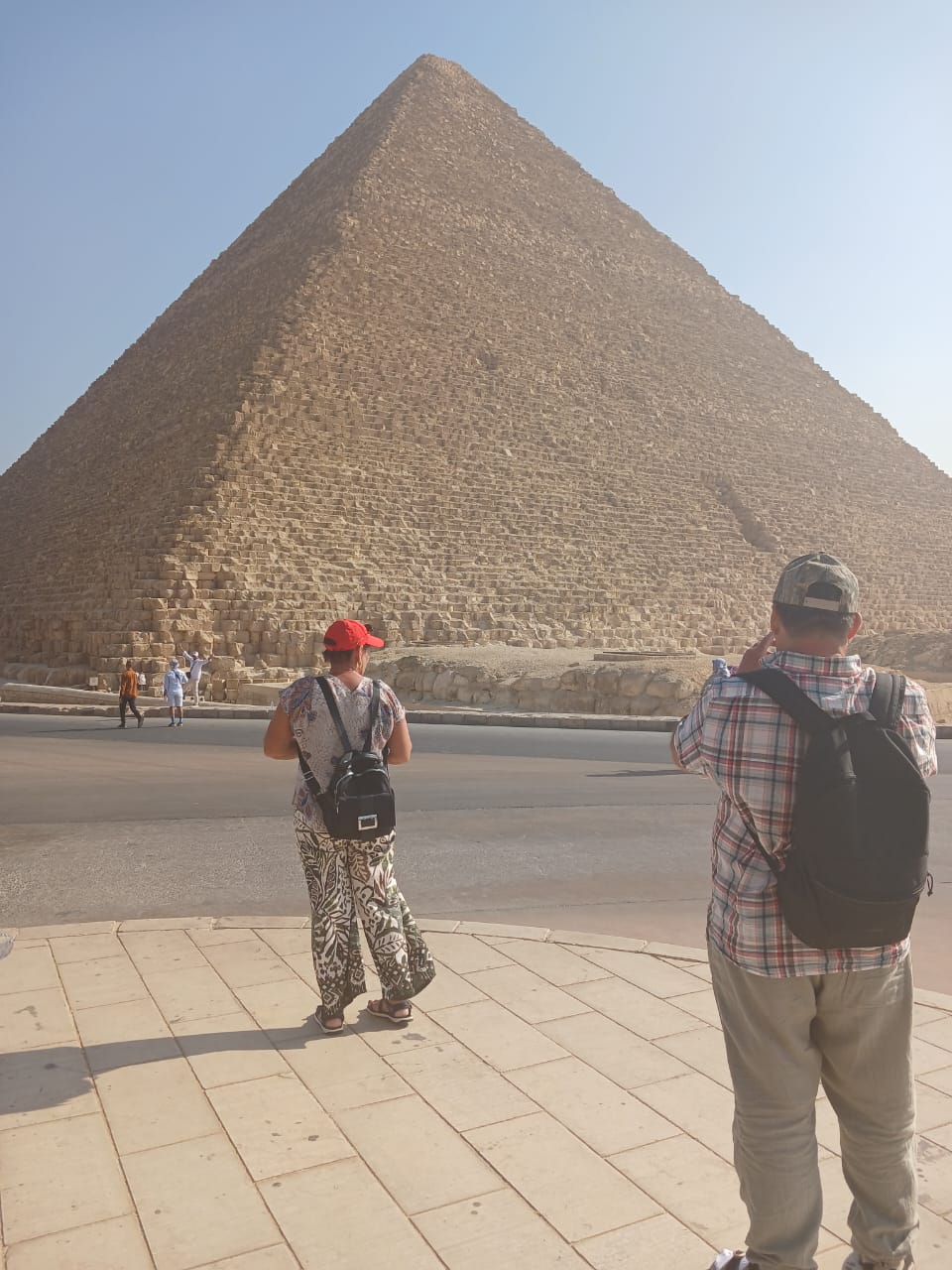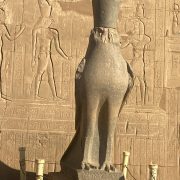
A Traveler’s Guide to Health & Safety in Egypt
Everything you need to know about vaccinations, common illnesses, and staying safe on your trip to the land of the pharaohs.
Planning a trip to Egypt is an incredible prospect, but like any international travel, it’s wise to be prepared. Understanding the local health and safety landscape is key to a smooth and enjoyable vacation. From common travel bugs to navigating busy streets, this guide covers the essential information you need to stay healthy and secure during your Egyptian adventure.
Is It Safe to Travel to Egypt Right Now?
This is often the first question on any traveler’s mind. According to major travel advisories, you should exercise a high degree of caution when traveling to Egypt. While tourist areas like Cairo, Luxor, and the Red Sea resorts are generally well-secured, there is a risk of terrorism and civil unrest, so staying vigilant is essential.
It’s important to be aware of areas with higher risk and follow official advice. For example, advisories from governments generally recommend avoiding all travel to regions like North Sinai and the border with Libya. Always monitor the news and heed the advice of local authorities and your tour operator.
Essential Health Precautions Before Your Trip
Preparation is your best defense against illness abroad.
Vaccinations for Egypt Travel
Before you go, it’s crucial to be up to date on routine vaccinations. The CDC recommends the following for most travelers to Egypt:
- Hepatitis A: A food and waterborne disease common in many developing countries.
- Typhoid: Another food and waterborne illness, highly recommended for most travelers.
- COVID-19: Ensure you are up to date on your COVID-19 vaccinations.
Depending on your travel style, other vaccines to consider include Hepatitis B and Rabies. Always consult a travel doctor or a clinic at least 4-6 weeks before your trip to get personalized medical advice.
What to Pack in Your Travel First-Aid Kit
- Medication for “Nile Belly”: Traveler’s diarrhea is very common. Pack over-the-counter medications like loperamide (Imodium) and rehydration salts to manage symptoms.
- Sun Protection: Egypt is incredibly sunny. Bring high-SPF sunscreen, a wide-brimmed hat, and sunglasses.
- Insect Repellent: Dengue and other mosquito-borne illnesses are present. Use a repellent with DEET to protect yourself.
- Essential Prescriptions: Carry a supply of any personal medications you take, along with their generic names in case you need a refill.
Staying Healthy During Your Egyptian Adventure
Once you’re on the ground, a few simple habits can make a big difference.
Food and Water Safety
- Drink Bottled Water: The number one rule. Never drink tap water. Ensure that bottled water seals are intact when you purchase them.
- Be Cautious with Street Food: While it can be tempting, be discerning. Eat at restaurants that are busy with locals, as this often indicates higher food turnover and better hygiene.
- Peel it, Cook it, or Leave it: Follow this rule for raw fruits and vegetables to minimize the risk of contamination. Avoid salads and pre-cut fruit from street vendors.
Sun and Heat Safety
Egypt’s climate can be intense. Avoid strenuous activity during the hottest parts of the day (12 PM to 4 PM). Stay hydrated by drinking plenty of water and seek shade whenever possible.
Navigating Safety and Security in Egypt
While most tourists have a seamless experience, being aware of common issues helps you travel smarter.
General Safety Tips
- Stay Vigilant: Be aware of your surroundings, especially in crowded souqs or on public transportation.
- Secure Valuables: Keep your passport, cash, and credit cards in a secure, hidden pouch. Leave expensive jewelry at home.
- Use Reputable Transport: Stick to licensed taxis or rideshare apps like Uber or Careem, which are widely available in Cairo and other major cities.
Avoiding Scams and Common Hassles
- The “Friendly Local” Scam: Be wary of strangers offering “free” tours or gifts. They will inevitably demand a large tip or try to lead you to a shop with inflated prices. A polite but firm “La, shukran” (“No, thank you”) is your best tool.
- Overcharging: Always agree on a price for a taxi or an item before committing to a purchase. Haggling is expected in markets; start at about half the price and work your way up.
- Fake Police: A person may approach you, claim to be a police officer, and demand to see your passport or wallet. This is almost always a scam. Ask to see their official identification and if you feel uncomfortable, head to a crowded area or a legitimate police station.
Specific Advice for Solo Female Travelers
While harassment of foreign women can be a concern in some areas, many solo female travelers have a fantastic experience by taking a few extra precautions:
- Dress Modestly: Covering your shoulders, cleavage, and knees is a sign of respect and helps you blend in, reducing unwanted attention.
- Use Female-Only Transport: The Cairo Metro has separate cars for women, which can provide a more comfortable experience.
- Trust Your Gut: If a situation feels uncomfortable, remove yourself from it. Don’t worry about being rude. Your safety is the priority.
What to Do in an Emergency
- Contact Your Embassy: Register with your home country’s embassy or consulate before you travel. They can provide assistance in case of a serious emergency.
- Know Emergency Numbers:
- Police: 122
- Tourist Police: 126
- Ambulance: 123
- Travel Insurance is Non-Negotiable: Ensure your policy covers medical emergencies, including medical evacuation. Medical facilities can be limited, especially outside major cities, and having insurance is crucial for peace of mind.
By taking these steps, you can confidently navigate the health and safety aspects of your trip and focus on enjoying the rich history and culture of Egypt.
Recent Posts
Cairo’s Hidden Gems: Baron Palace, Abdeen Palace & More Offbeat Treasures
Alexandria Day Tour from Cairo: Is It Worth It? A 2026 Guide
Mısır’da Gidilmesi Gereken Yerler: Tarihin ve Maceranın Buluşma Noktası
All Categories

Private Tours




